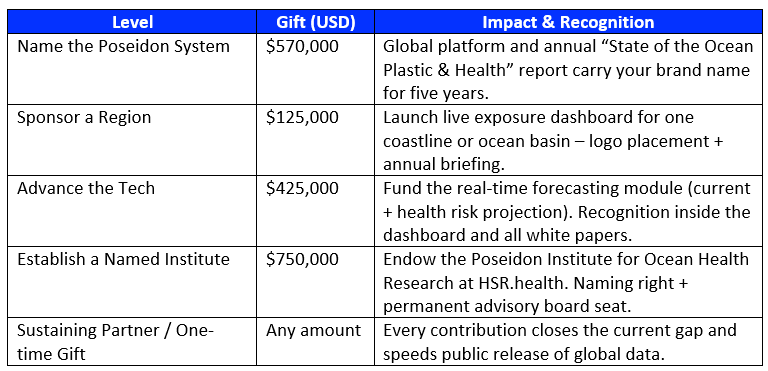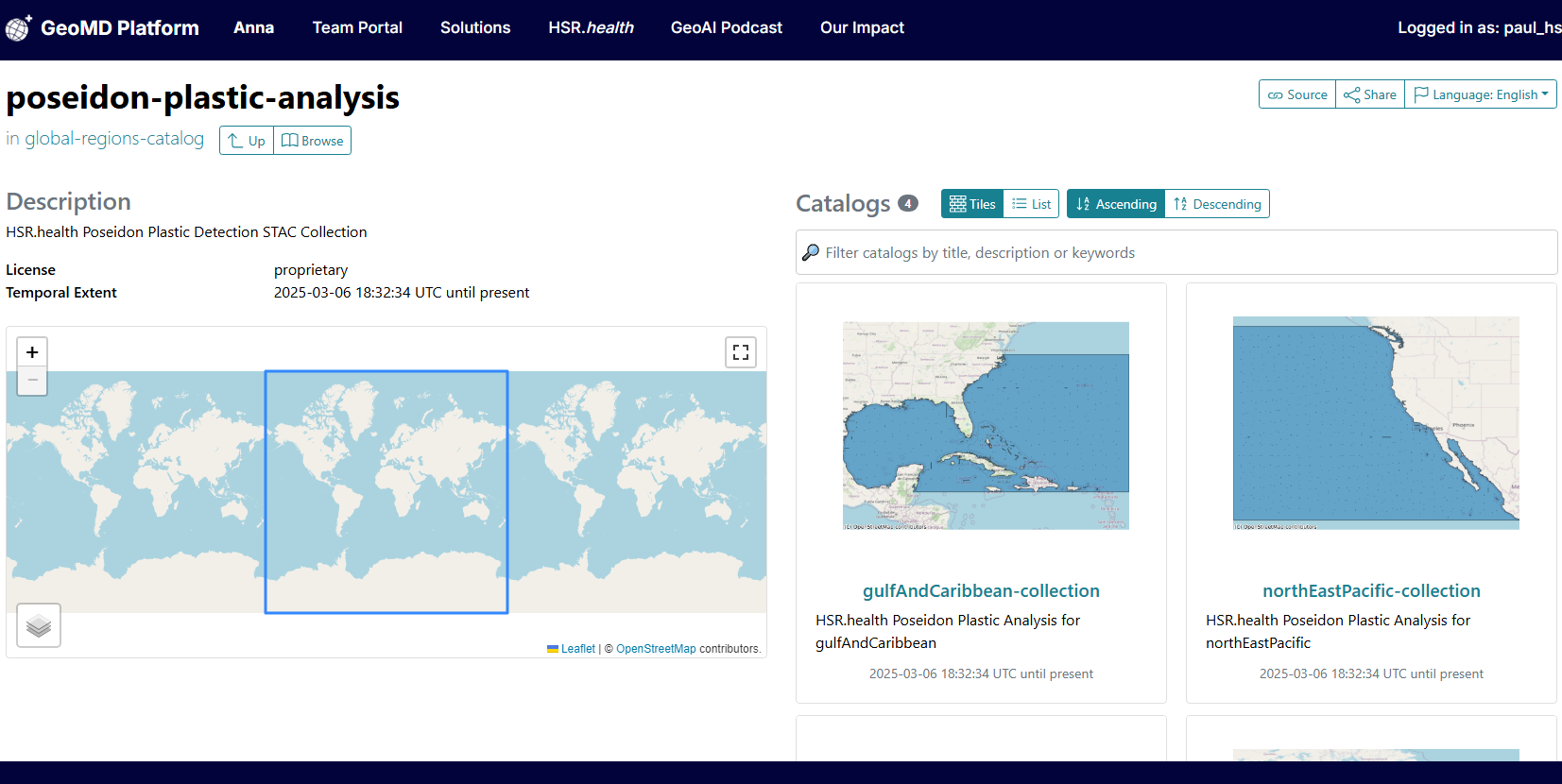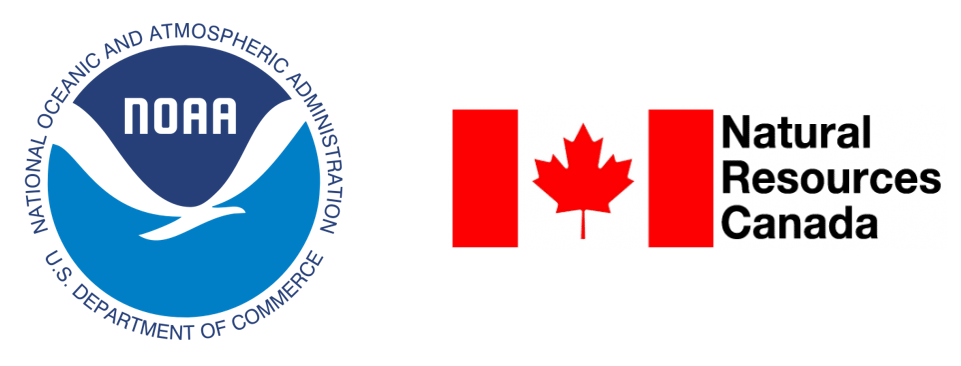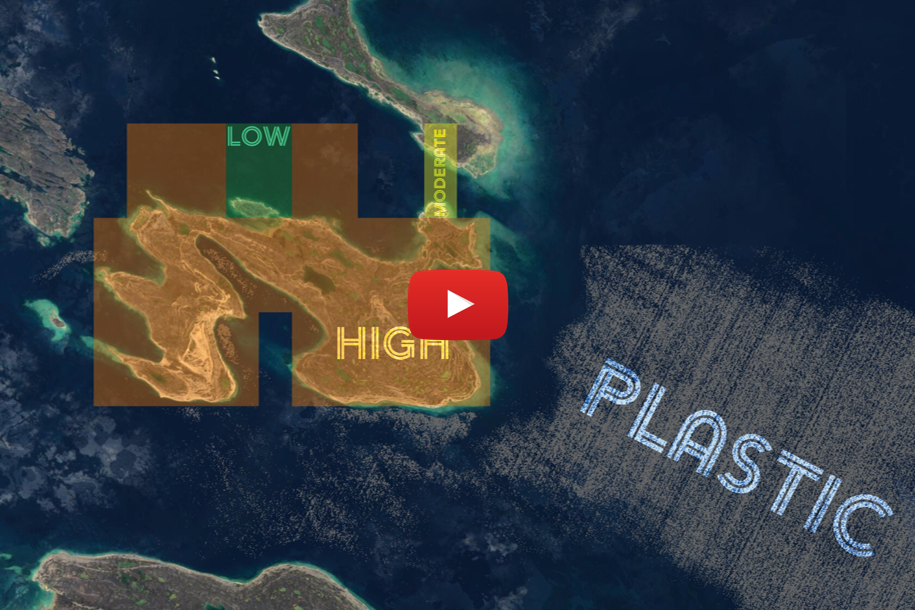Protecting Oceans, Saving Lives
Toxins are increasing across ecosystems and the food chain due in part to the plastic pollution in our oceans and waterways. Concern has risen that this plastic has entered fish
and other sea life, which then lead to potentially dangerous levels of bioaccumulated toxins in humans who consume that food supply.
While not yet conclusive, research suggests this bioaccumulation of plastics, microplastics, and their associated toxins harms human health. To help address this concern,
HSR.health developed a Poseidon Plastic Tracking System to identify the presence and quantity of plastics in our oceans where populations at-risk from such exposure - short and long
term - live.
How You Can Help
Every dollar accelerates free public access to Poseidon's exposure dashboard, API, and research archive - turning data into action for at-risk communities and our oceans. View our Poseidon Case for Support.
Funding Progress
Funding Snapshot:
- Total Project Need: $570,000
- Already Raised: $325,179
- Remaining Gap: $244,821

This isn't a one-time fix. It's a sustainable, continuously updated system that gives the world the insight it needs to act before it's too late.
Poseidon is real. It's working. And with your support, it's ready to spread out across the world.
Is my ocean area covered?
To break up the area of the global oceans into manageable sizes HSR.health divided up the global ocean areas into 22 regions. We are steadily progressing through each region to obtain global coverage which is tracked in the following map.
Plastic Presence Analysis
Within each region chunk, satellite imagery from Sentinel-2 is retrieved and run through a sea-surface plastic presence detection algorithm that identifies the presence of plastics within the analysed scenes. The map below shows the footprint of the Sentinel-2 scenes analysed to date along with the percent of each scene that was detected as plastic.
Plastic Bioaccumulation Health Risk Index
Poseidon's Plastic Bioaccumulation Health Risk Index is based on the health and social factors influencing a person's vulnerability to adverse health outcomes from bioaccumulation of plastics and includes factors such as - age, chronic health conditions, and whether pregnant or breastfeeding. A state level map of the plastic bioaccumulation health risk index is shown below.

Open Data for Global Action
To increase accessibility & transparency, we've established a SpatioTemporal Asset Catalog (STAC) — a structured, open-data platform enabling:
- Researchers & policymakers to explore Sentinel-2 satellite imagery of plastic pollution
- Data-driven intervention strategies based on real-time geospatial insights
- Efficient global collaboration for ocean plastic tracking
In The News
For more information on how Poseidon is fighting ocean plastic pollution:
- Group on Earth Observations (GEO) blog.
- GeoAI Podcast episode - Raising Awareness & Saving Our Seas - featuring our pilot funders and sponsors - U.S. NOAA, USGS, and Natural Resources Canada (NRCan).
- Read our Engineering Report, recent blogs, and watching our pilot webinar.
Partners

